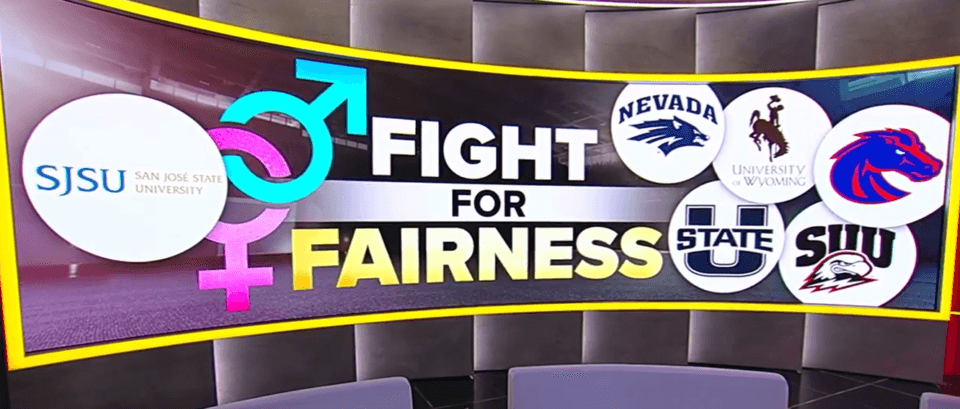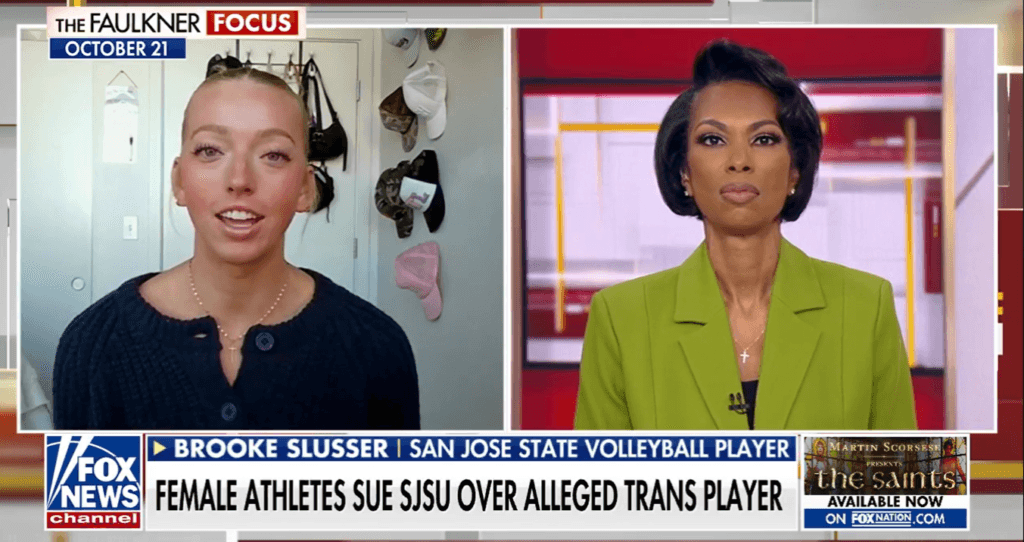
San Jose State University’s (SJSU) women’s volleyball team has faced an unusual and controversial season, marked by forfeits, lawsuits, and national scrutiny. Despite these challenges, the Spartans have secured a place in the semifinal round of the Mountain West Tournament, a testament to their resilience and determination in a season fraught with uncertainty.
A Season Defined by Controversy
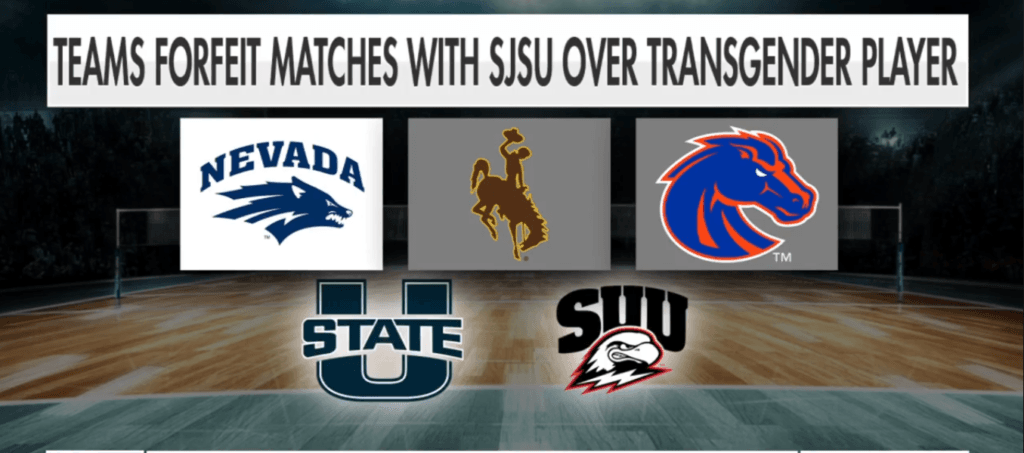
SJSU’s volleyball season has been overshadowed by controversy surrounding Blaire Fleming, a transgender athlete on the team. The inclusion of Fleming has sparked debate among competing teams, resulting in an unprecedented six conference wins awarded to SJSU via forfeits. These forfeits stem from teams refusing to play against the Spartans, citing issues ranging from policy disagreements to legal disputes.
The Mountain West Conference has confirmed that SJSU’s 12-6 record includes these forfeit wins, which have played a pivotal role in earning the team a first-round bye in the tournament. This achievement has propelled them directly to the semifinals, where they are set to face the winner of the Utah State versus Boise State quarterfinal match. Both potential opponents have previously refused to compete against the Spartans during the regular season.
The Legal and Ethical Battle
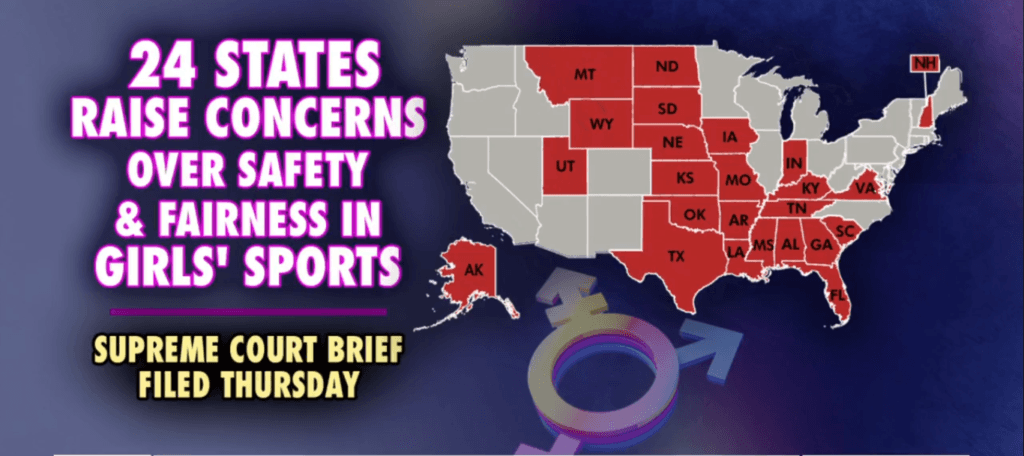
The controversy surrounding Fleming’s participation has escalated beyond the volleyball court, with legal actions initiated by some opposing teams. Utah State, for instance, has filed a lawsuit against the Mountain West Conference, seeking to overturn its forfeited match result and exclude Fleming from competition. Meanwhile, Boise State went as far as forfeiting two scheduled matches against SJSU, underlining the polarizing nature of this issue.
During an emergency hearing in Colorado, Judge Kato Crews addressed concerns raised by the plaintiffs, including Utah State. The hearing underscored the contentious atmosphere surrounding the case, with debates even extending to the appropriate pronouns to use for Fleming. Judge Crews ultimately ruled to use she/her pronouns during the proceedings but allowed others to use their preferred pronouns.
As the judge deliberates on the matter, the legal proceedings add a layer of complexity to the Mountain West Tournament. A ruling could potentially alter the trajectory of the competition, depending on its implications for Fleming’s eligibility and the outcomes of prior forfeited matches.
The Tournament Landscape
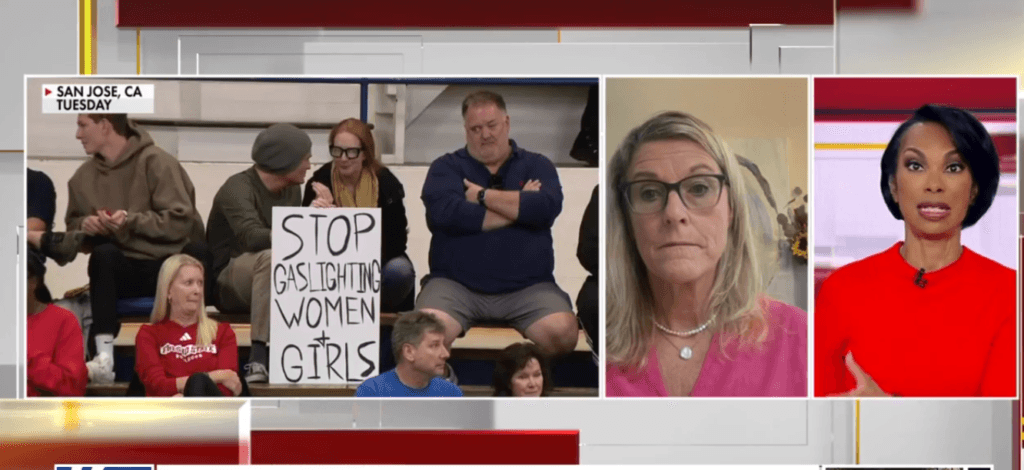
San Jose State (SJSU) is not the only team facing challenges in this tournament. Colorado State, the top-seeded team, represents the other side of the bracket and has a mixed history with SJSU this season. The two teams split their regular-season matches, with both games played despite the surrounding controversy.
Meanwhile, Fresno State and San Diego State, two other teams that chose to compete against the Spartans during the regular season, are set to face each other in another quarterfinal match. The winner will take on Colorado State, completing the semifinal lineup.
For SJSU, however, the uncertainty persists. Spartans co-captain Brooke Slusser has expressed concerns about whether opposing teams will even show up for their scheduled matches in the tournament. “It seems like every few days it looks like it’ll be a fine day and everything’s normal, and then something else happens,” Slusser remarked. The sentiment reflects the team’s ongoing struggle to maintain focus amid the distractions.
Conference Stance and Preparedness
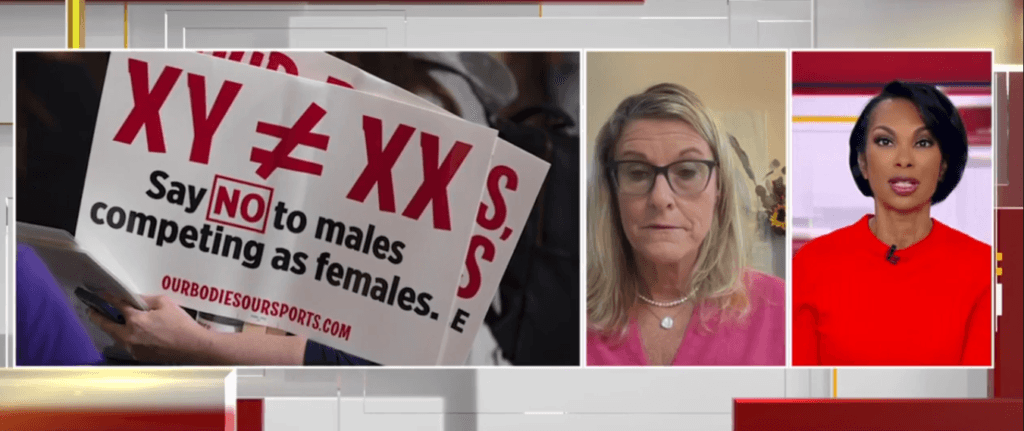
The Mountain West Conference has maintained its support for San Jose State and its athletes. A spokesperson emphasized that all players on SJSU’s roster comply with NCAA and conference policies, reaffirming their eligibility to compete. The conference has also outlined contingency plans to address potential forfeits in the tournament.
“If we get to a championship game, and it’s San Jose State versus whoever, if that institution forfeits the game, then San Jose State wins that match and they are tournament champions,” the spokesperson stated. This approach highlights the conference’s commitment to ensuring a clear resolution, even in the face of continued disputes.
A Team United Amid Adversity
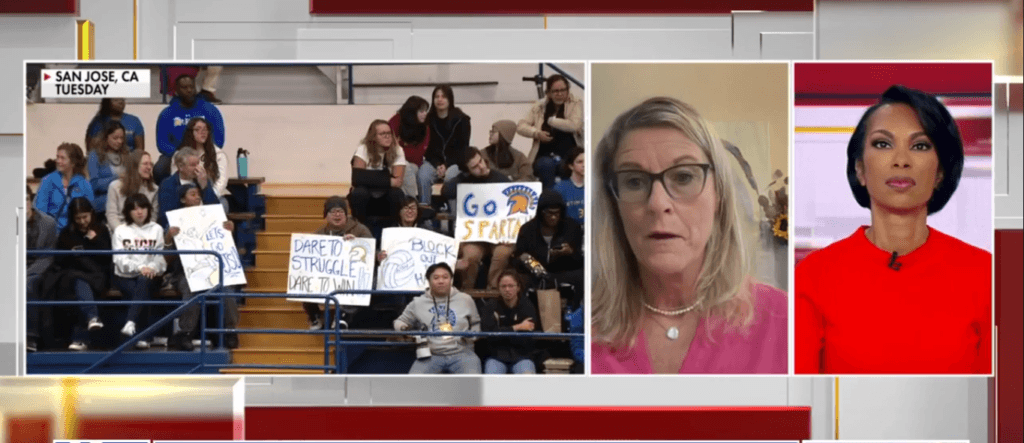
San Jose State’s volleyball (SJSU) team has demonstrated remarkable resilience throughout this tumultuous season. The university has publicly defended its athletes, emphasizing their compliance with all applicable rules and their right to compete. A university spokesperson expressed pride in the team’s perseverance, stating, “Our volleyball team members have earned the right to compete, and we are deeply disappointed for them and with them that they are being denied those opportunities through cancellations and forfeits.”
For the players, the season has been an emotional rollercoaster. While the team has achieved notable success on paper, the circumstances surrounding their victories have cast a shadow over their accomplishments. The Spartans’ journey through the Mountain West Tournament will undoubtedly be watched closely, as it represents a culmination of their season-long effort to rise above adversity.
Looking Ahead
As the Mountain West Tournament progresses, all eyes are on San Jose State and its controversial path to the semifinals. The outcome of the ongoing legal battle and the willingness of opposing teams to compete will shape the tournament’s narrative and potentially set a precedent for future cases involving transgender athletes in collegiate sports.
Regardless of the challenges, the Spartans remain focused on their ultimate goal: securing the Mountain West championship title. Their journey serves as a microcosm of the broader societal debates over inclusivity and fairness in sports, making this tournament not just a competition but a reflection of the evolving dynamics in athletics today.


